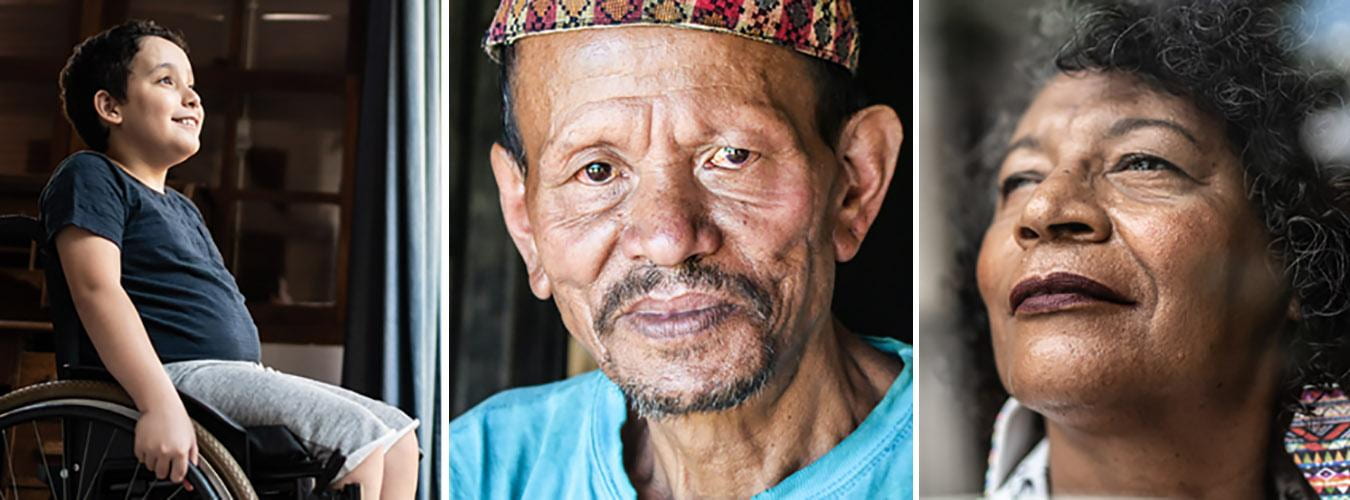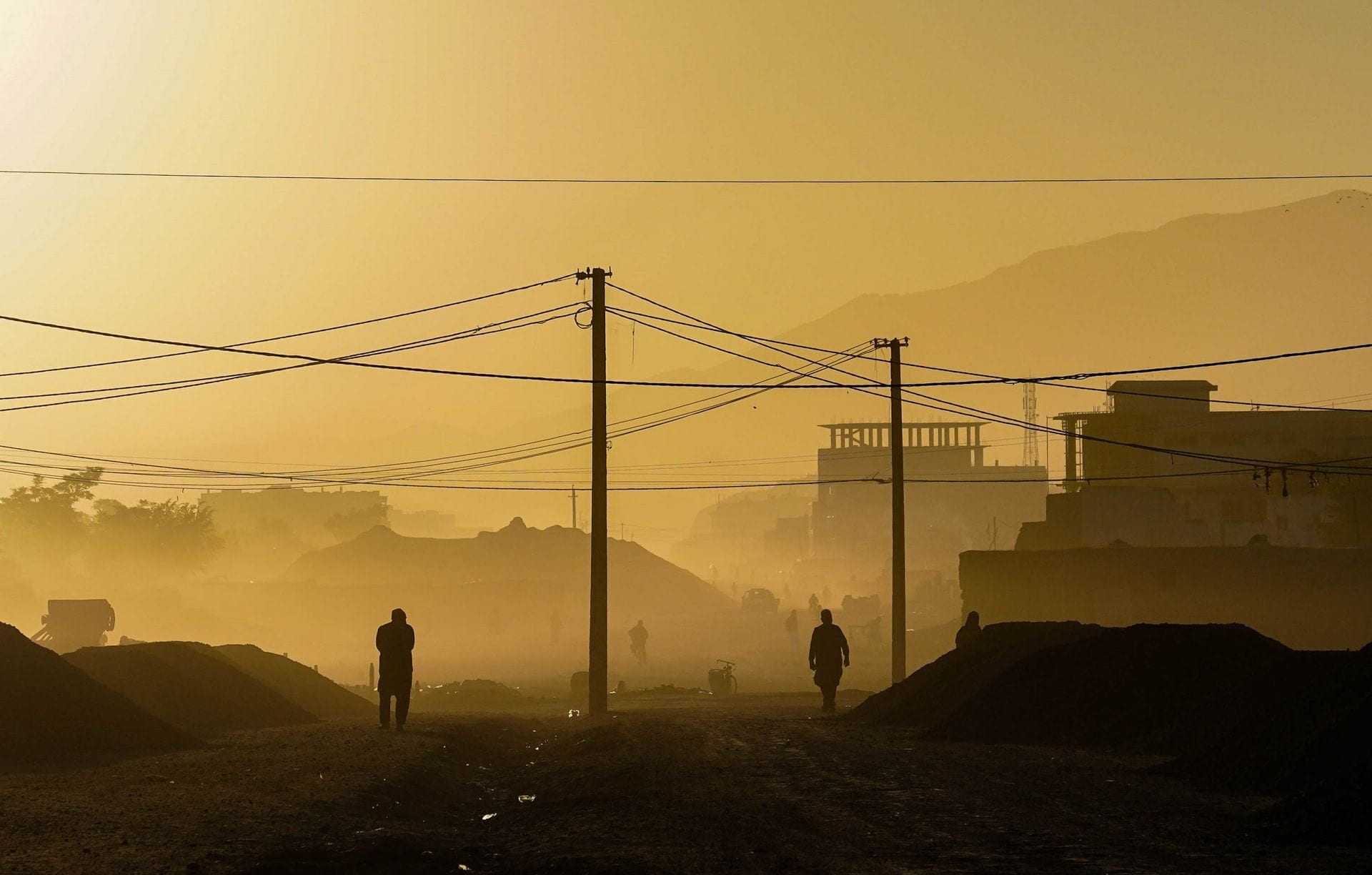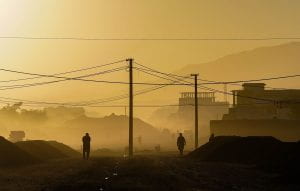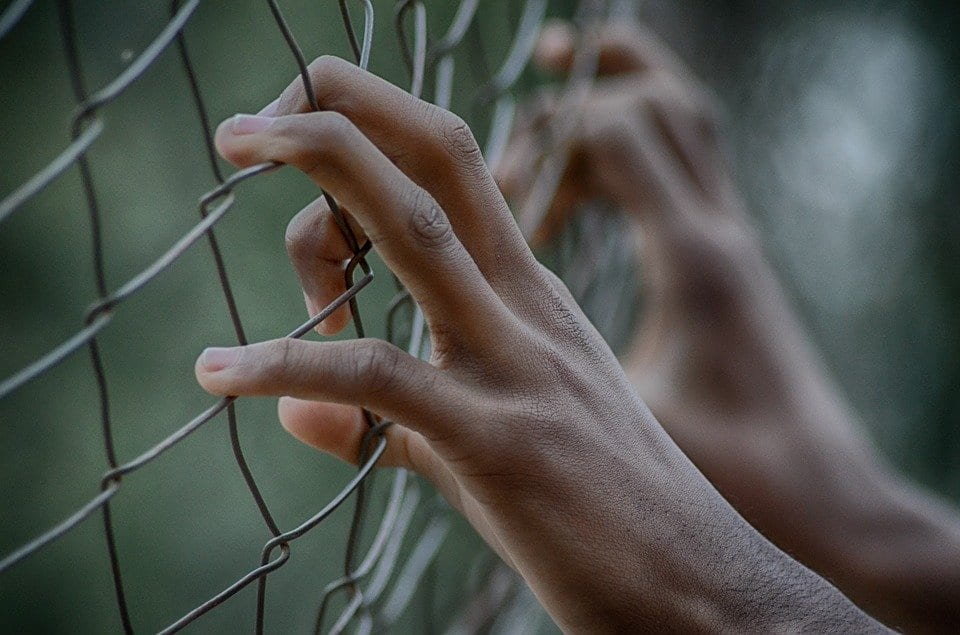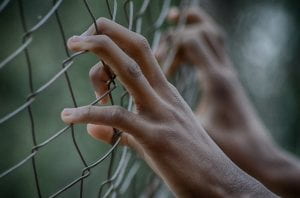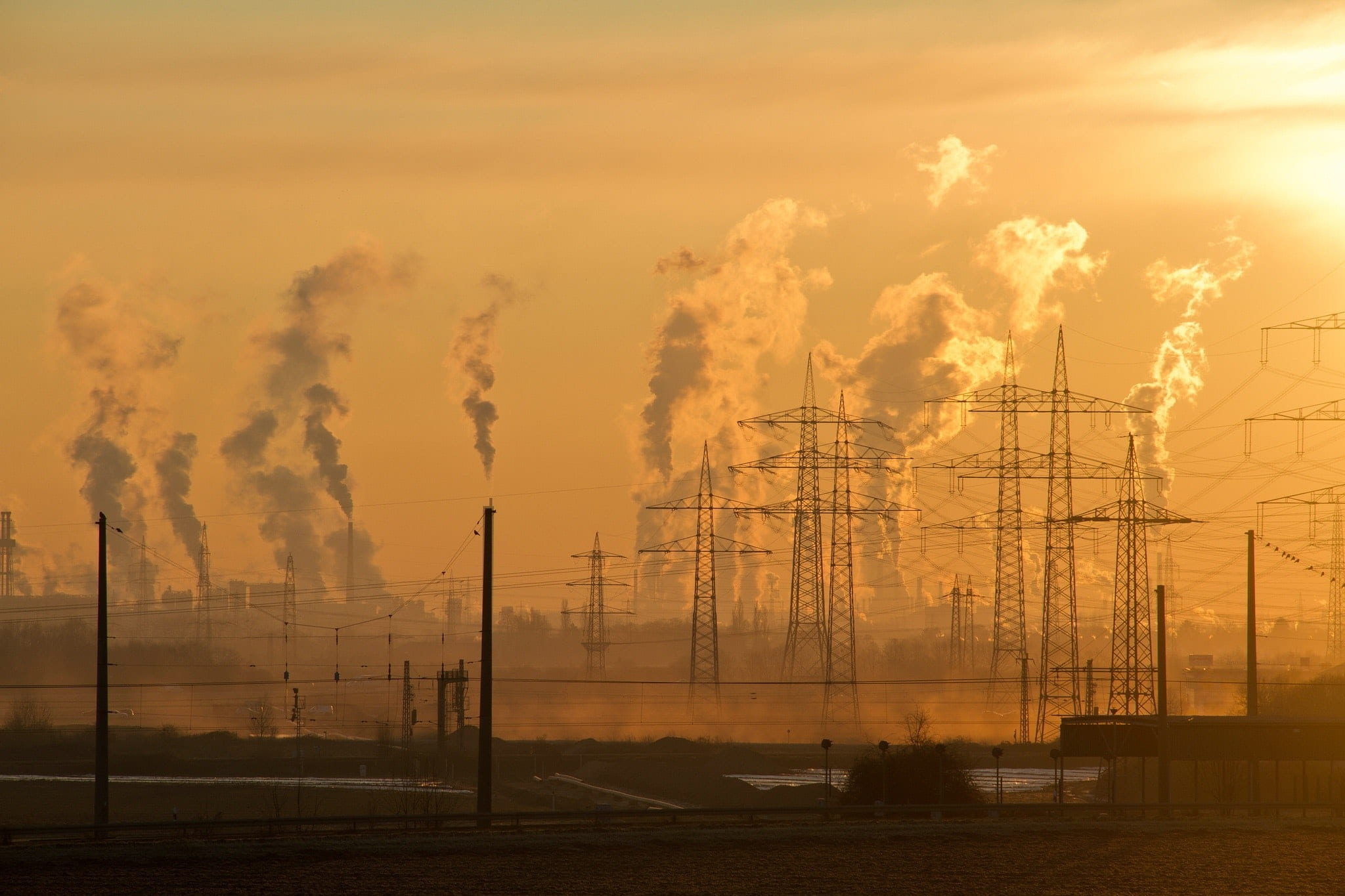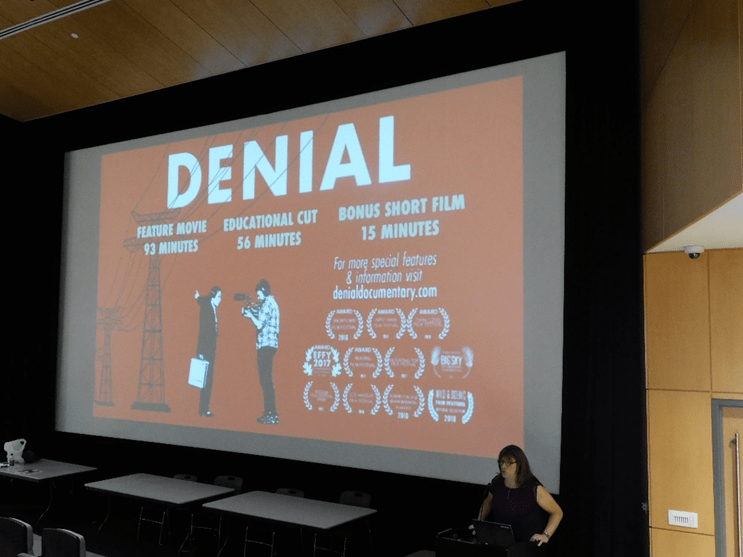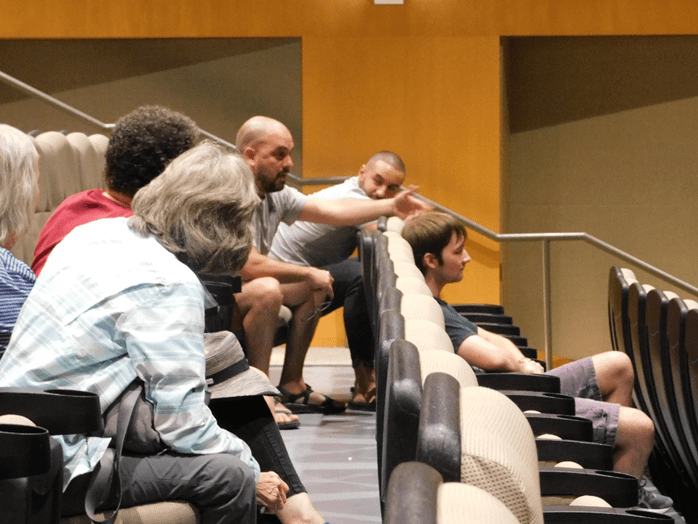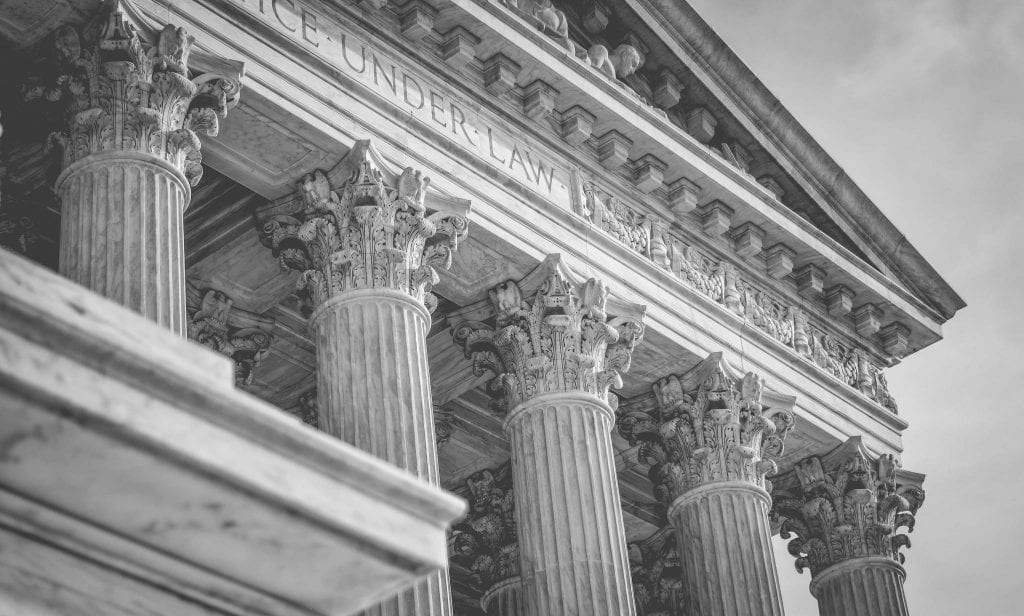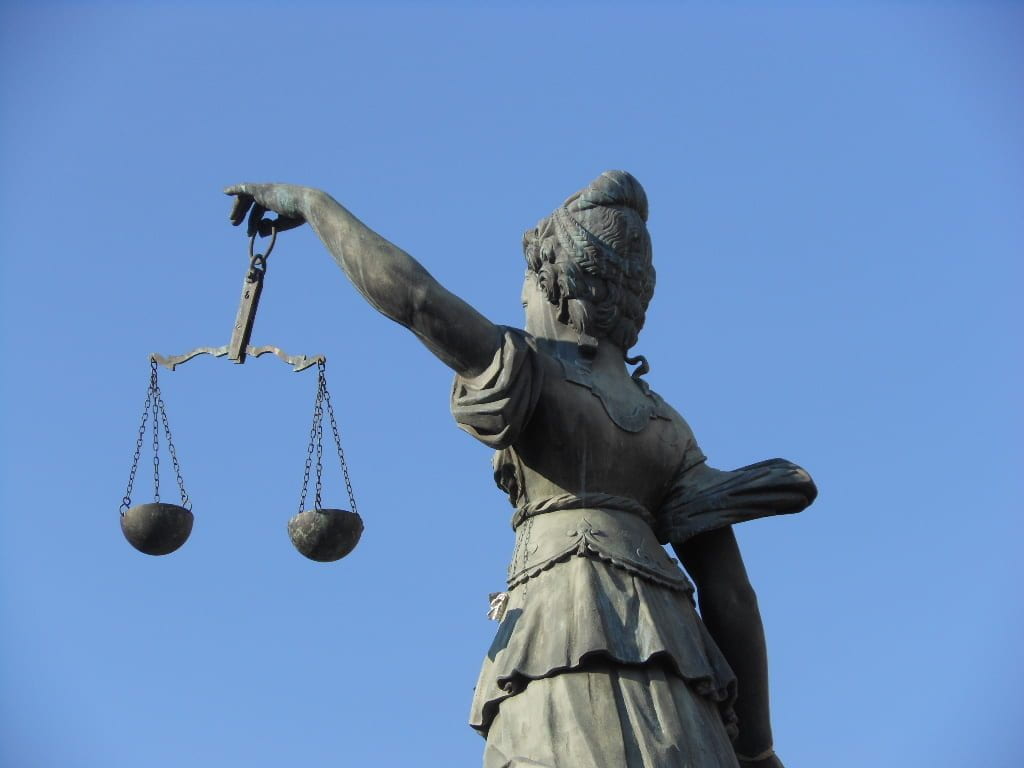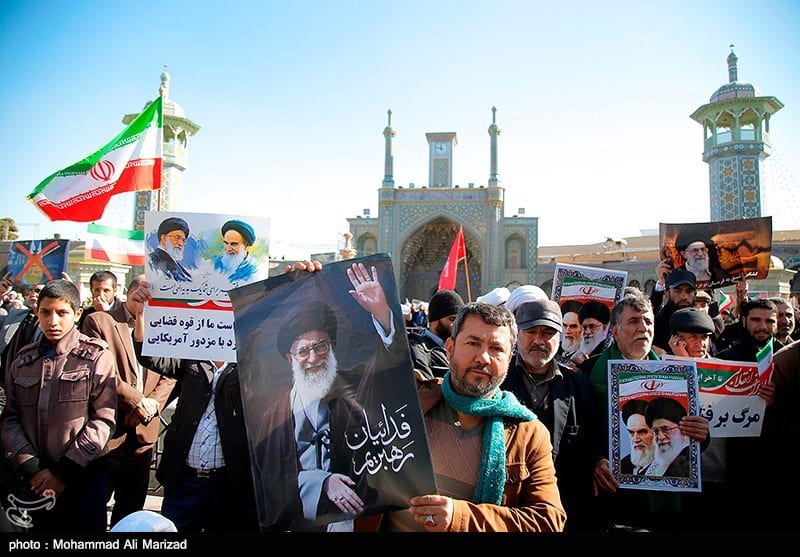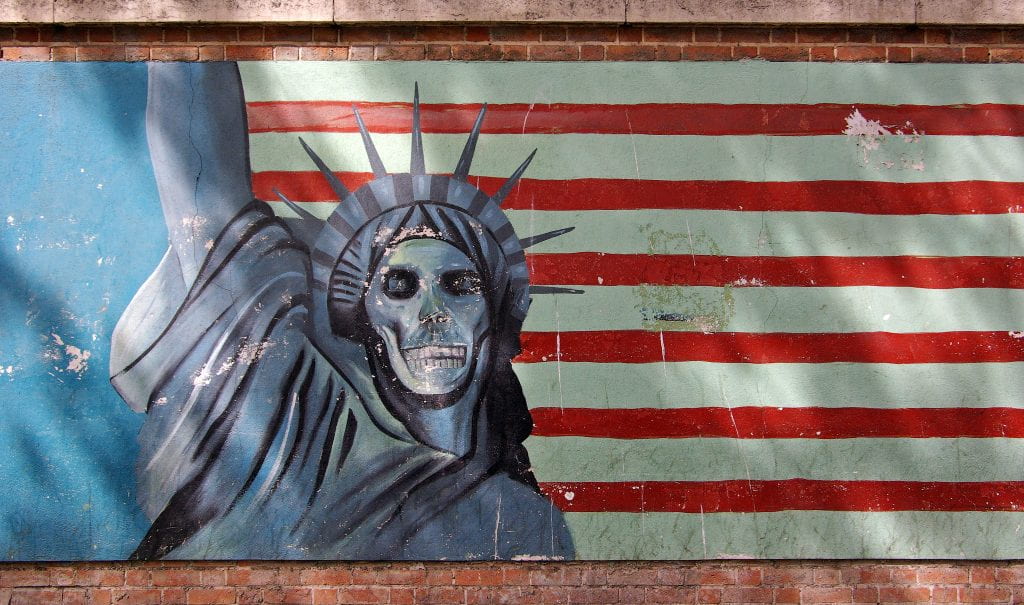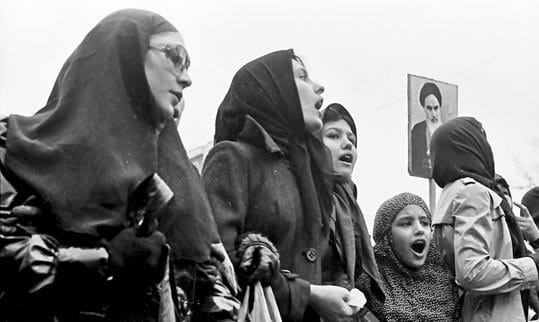by Chadra Pittman
“An individual has not started living until he can rise above the narrow confines of his individualistic concerns to the broader concerns of all humanity.” Dr. Martin Luther King, Jr
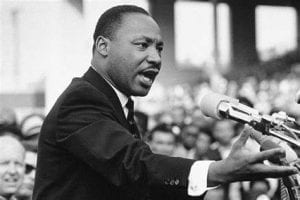
On this day, January 16, 2023, we remember a man known as the champion of human rights, Civil Rights Leader, Dr. Martin Luther King, Jr., who would have been 94 years old had he lived. As the leader of the Civil Rights Movement, Dr. King dedicated his life to advocating against racial discrimination and injustice. Through multiple death threats, the bombings of his family home, enduring physical attacks and being stabbed, until his assassination on April 4, 1968; Dr. King remained committed to the principle of non-violence. He was only 39 years old when he was killed.
Dr. King believed in the universality of human rights for all and acknowledged that, “Injustice anywhere is a threat to justice everywhere.” What better way to begin a blog about “Human Rights Day” and the “Universal Declaration of Human Rights”, than on the day we commemorate the birth of a man who used his voice, and ultimately risked his life in pursuit of equal rights for all of humanity,
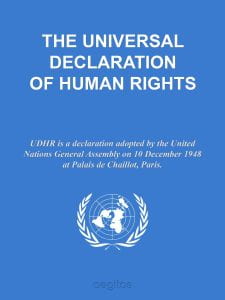
Seventy-five years ago, the United Nations adopted the Universal Declaration of Human Rights on December 10, 1948, at a General Assembly meeting in Paris. The UDHR was created to formalize a global standard for human rights across the world. Annually, on December 10th, a day which commemorates the passing of the UDHR, the UN acknowledges this day as Human Rights Day.
What is the Universal Declaration of Human Rights?
In less than half a century, the Universal Declaration of Human Rights (UDHR) has come to be regarded as possibly the single most important document created in the twentieth century and as the accepted world standard for human rights. Referred to as a milestone document in the history of human rights, the UDHR is a collaborative effort of experts from the legal and cultural fields from around the world. The goal was to create a document which rights would be acknowledged globally and would serve as protection for all people living within any nation across the world.
As the most translated document in the world, the UDHR is available in 500 languages, which speaks to the efforts made to ensure that all humans across the world are aware of their human rights, can access them in their native language and know that those rights are acknowledged by the United Nations and the world. It was Former First Lady of the United States, Eleanor Rooselvelt, who served as Chair of the Human Rights Commission (HRC), who advocated for the declaration to be “…written in clear accessible language so that it might be readily embraced by peoples of the world. She exerted similar pressure on the U.S. State Department, arguing that for the declaration to have any impact it must not be seen as an American or western dominated document.” She also recognized that the U.S. would receive criticism for advocating for human rights across the globe, when the racist policies of Jim Crow were plaguing the lives of African Americans within the United States. Even so, the Commission forged onward and the UDHR was born.
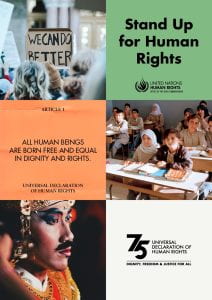
Timeline for the Universal Declaration of Human Rights
On April 25, 1945, on the heels of World War II, representatives from fifty nations met to “organize the United Nations” in San Francisco, California. On June 26, the representatives adopted the United Nations Charter, Article 68. The purpose of this article was for the General Assembly to “set up commissions in economic and social fields and for the promotion of human rights.”
In December 1945, Former First Lady Eleanor Roosevelt was appointed by then President Harry S. Truman to the United States delegation to the United Nations. UN Secretary-General Trygve Lie, appointed Roosevelt to the commission and with the task of creating the formal Human Rights Commission (HRC).
In February 1946, a “nuclear” commission on human rights was created by the United Nations Economic and Social Council (ECOSOC) and its job was to recommend a “structure and mission for the permanent Human Rights Commission (HRC)”.
In April 1946, Roosevelt was nominated to be the chair of the HRC. The ECOSOC gave the HRC three tasks to complete: “a draft International Declaration, a draft covenant, and provisions for the implementation.”
On December 10, 1948, after convening with “representatives with different legal and cultural backgrounds from all regions of the world, the Declaration was proclaimed by the United Nations General Assembly in Paris (General Assembly resolution 217 A).
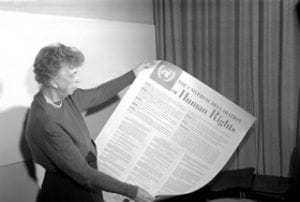
Roosevelt led the way to ensure that the declaration was inclusive and advocated that when considering human rights that the State Department make sure that, “it must not be seen as an American or western dominated document… advocating that they “…expand its concept of human rights from a concept of merely political and civil rights to include economic, social, and cultural rights.”
What are the Human Rights Concerns of 2022?
One might think, we have come far in our efforts to afford equitable attainment of human rights to all people across the world. While we, collectively have made strides, we still have a long way to go to free the world of human rights violations. According to the Institute for Human Rights and Business, listed below are the top 10 human rights issues in 2022.
- Redesigning supply chain
- Personal Data Tracking & Tracing
- Stranded at Sea
- Wage Abuse
- Office and Work Place
- Forced Labor
- Climate Change
- Racial Matters
- Standards Fragmentation
- Transition Finance
These issues are reflective of the ongoing and unprecedented impact of COVID-19.
On December 10, 2023, the 75th anniversary of the Universal Declaration of Human Rights will be celebrated. However, on Human Rights Day, December 10, 2022, the United Nations will launch a year-long campaign to showcase the UDHR by focusing on its legacy, relevance and activism.” The 2022 slogan is “Dignity, Freedom, and Justice for All.”
How to Participate in Human Rights Day on December 10th and beyond
Your college experience is full of opportunities to grow and learn, academically, socially and even politically. You will meet people from varying backgrounds and having lived experiences which may be foreign, pun intended, to you. So on Human Rights Day, what can you do to support the initiative? Well, the college interns at the United Nations Association, came up with 10 Ways to support Human Rights Day. Hopefully, you will be inspired to do one.
1. Pass a student government resolution: Work with a member of your student government or student council to pass a resolution in honor of Human Rights Day.
2. Write an op-ed or article in your school’s newspaper: School newspapers can be a great place to talk about the importance of human rights around the world.
3. Stage a public reading: Set up a microphone in your student center or, if the weather’s right, outside and read the Universal Declaration of Human Rights in full.
4. Set up a free expression wall: Set up a blank wall or giant piece of paper and encourage your friends to write about what human rights mean to them.
5. Make a viral video about human rights day: Film your UNA chapter kicking it Gangnam style to celebrate human rights and put the video online: it’ll go viral in a matter of minutes.
6. Start a Facebook campaign: Encourage your friends to change their profile pictures to an individualized Human Rights Day banner.
7. Hand out t-shirts and other gear: If you have the funds, buy t-shirts, sunglasses, or even 90’s-style sweatbands featuring a slogan about human rights to give to your classmates.
8. Coordinate an extra-credit lecture: Work with professors in the history department, the law school, or the international relations program to host a lecture about human rights, and work with other professors in the department to get attendees extra credit—trust us, your friends will thank you.
9. Hold a candlelight vigil or other commemorative event: While it’s important to have fun, human rights are serious business. Consider holding a vigil or other event to commemorate those who have suffered human rights abuses and those whose human rights are still violated.
10. Hold a talent show, dance, or party: Big social events are a great way to bring awareness to an issue, so why not have a human rights-themed party? Free admission if you dress up like Eleanor Roosevelt or Ban Ki-Moon. Also, here are two organizations you can support: Free and Equal and He for She.
Former President of South Africa, Nelson Mandela once said that, “To deny people their human rights is to deny their very humanity.” For the past 75 years, the UDHR has existed to ensure that our human rights are not violated, and if they are that there is accountability on a global stage. We all deserve the right to live freely and uninhibited, the freedom to love who we want and practice the religion of our choice. We must work together as a humanity to ensure that protecting our human rights continues to be a priority.
For Dr. King, protecting, and advocating for human rights and speaking out against injustice was his priority. On August 28, 1963, officially called the March on Washington for Jobs and Freedom… some 250,000 people gathered at the Lincoln Memorial, and more than 3,000 members of the press covered the event. On that historic day, Dr. King said, “I have a dream that one day this nation will rise up and live out the true meaning of its creed: “We hold these truths to be self-evident, that all men are created equal.”
Let us work together to transform his dream into reality. Beyond this nation of the United States, let us work collectively to ensure equal and equitable rights for ALL women, men, and gender nonbinary humans. Protecting human rights was a priority for Dr. King. On November 3, 1967, just a few miles away from this campus of UAB, Dr, King wrote his infamous ‘Letter from a Birmingham Jail” to the Clergymen.
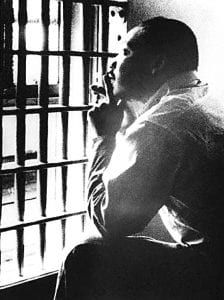
Martin Luther King Jr. in Jefferson County Jail, Birmingham, Alabama, November 3, 1967 Fair use image“While confined here in the Birmingham jail, I came across your recent statement calling my present activities “unwise and untimely… I am in Birmingham because injustice is here… Moreover, I am cognizant of the interrelatedness of all communities and states. I cannot sit idly by in Atlanta and not be concerned about what happens in Birmingham. Injustice anywhere is a threat to justice everywhere. We are caught in an inescapable network of mutuality, tied in a single garment of destiny. Whatever affects one directly, affects all indirectly.”
Dr. King reminds us that “The time is always right to do what is right” and that we as a humanity must ensure that the single garment of destiny is threaded with equal rights for all humans for this is the only true way forward. In the spirit of Dr. King, we must work to ensure that the rights of ALL humans are acknowledged, respected and protected by law, and not just on Human Rights Day, but every day, and everywhere across the globe.
